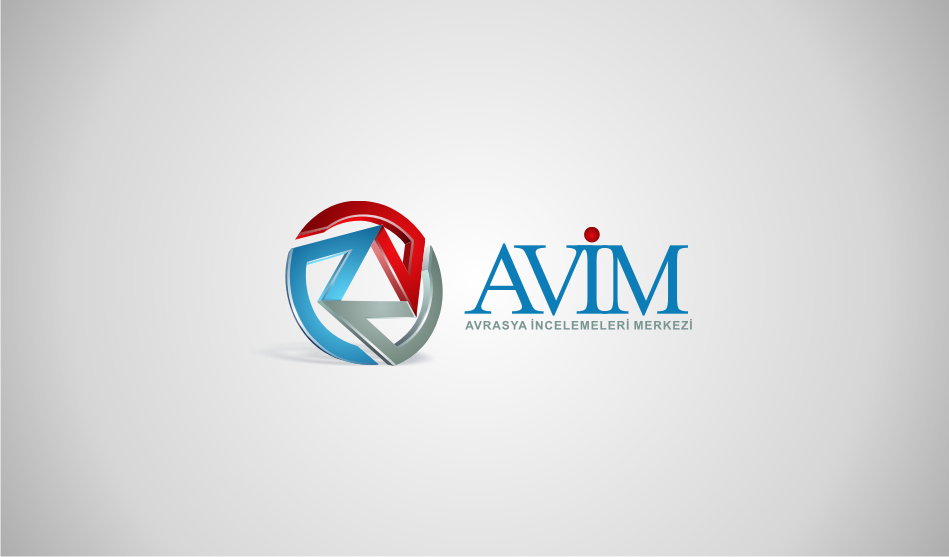
It has been ten years since the editor-in-chief of Agos Newspaper Hrant Dink lost his life in a heinous attack.
As an Anatolian intellectual, Hrant Dink believed that the only way to overcome the dispute between Turks and Armenians is direct dialogue between these two sides. For Dink, maybe the most crucial reason for the dispute between Turks and Armenians was the existence of the close bond between them. Dink also believed that for the healing of that bond between Turks and Armenians, which has been ruptured because of having fallen victim to the political discourse surrounding 1915 events, the dialogue between the two sides should not be made dependent on the recognition of genocide by a French, a German, an American or especially a Turk. He did not want Armenians’ problems of the past history or of today to be reduced to a capital or, frequently, to a meze [aperitif] for others to use or profit from in Europe, or in the Americas, nor did he accept the despicable mediation of disinterested third parties. Dink was a believer in the ability of Turks and Armenians to freely speak of that [their] history while never invoking a dispute from it. Dink’s most important legacy has been this highly valuable perspective.
AVİM holds the conviction that discourses that are dictated by third countries and by those who feed from the pains of the past should be left aside to pave the way for the establishment of a fair and common future without being held captive by the common painful past.
Unfortunately, Hrant Dink’s novel way of thinking has already begun to be forgotten ten years after his passing, his thought legacy has fallen victim to this unhealthy psychological trauma that gnaws and consumes Armenian identity, and has been forced to become dependent and needy on third parties’ support. This legacy is especially being ignored by certain circles who hide behind Dink’s name. Instead of following in the footsteps of Dink and becoming facilitators of a fair dialogue between Turks and Armenians free from distorted discourses imposed by the third parties, these circles have become followers and supporters of anti-Turkish discourses of foreign origin. We know that had Hrant Dink’s legacy not been exploited, the year 2015 could have become a unique opportunity for a hopeful future for Turks and Armenians instead of the meaningless taboo it came to be.
© 2009-2025 Center for Eurasian Studies (AVİM) All Rights Reserved
No comments yet.
-
 THE INDEPENDENT LETS FISK TO ABUSE HISTORICAL FACTS AGAIN
THE INDEPENDENT LETS FISK TO ABUSE HISTORICAL FACTS AGAIN
AVİM 27.12.2018 -
 ARMENIAN SPIES: HISTORICAL ROOTS OF ARMENIAN ESPIONAGE
ARMENIAN SPIES: HISTORICAL ROOTS OF ARMENIAN ESPIONAGE
AVİM 04.07.2018 -
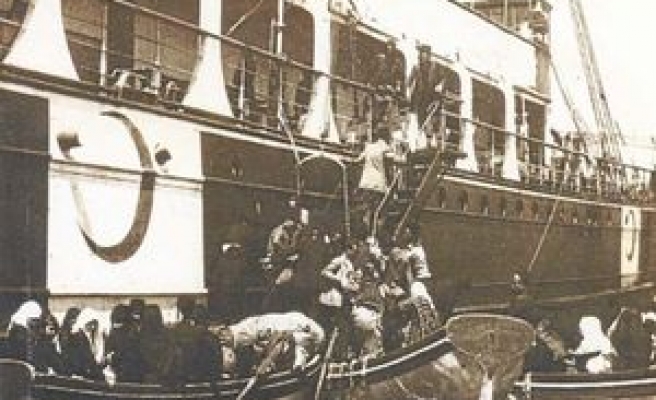 ON THE POPULATION EXCHANGE BETWEEN GREECE AND TURKEY
ON THE POPULATION EXCHANGE BETWEEN GREECE AND TURKEY
AVİM 02.03.2020 -
 EMMANUEL MACRON RECEIVED A SURPRISE NEW YEAR “GIFT” IN EXCHANGE FOR HIS SUPPORT TO ARMENIAN CLAIMS
EMMANUEL MACRON RECEIVED A SURPRISE NEW YEAR “GIFT” IN EXCHANGE FOR HIS SUPPORT TO ARMENIAN CLAIMS
AVİM 21.01.2019 -
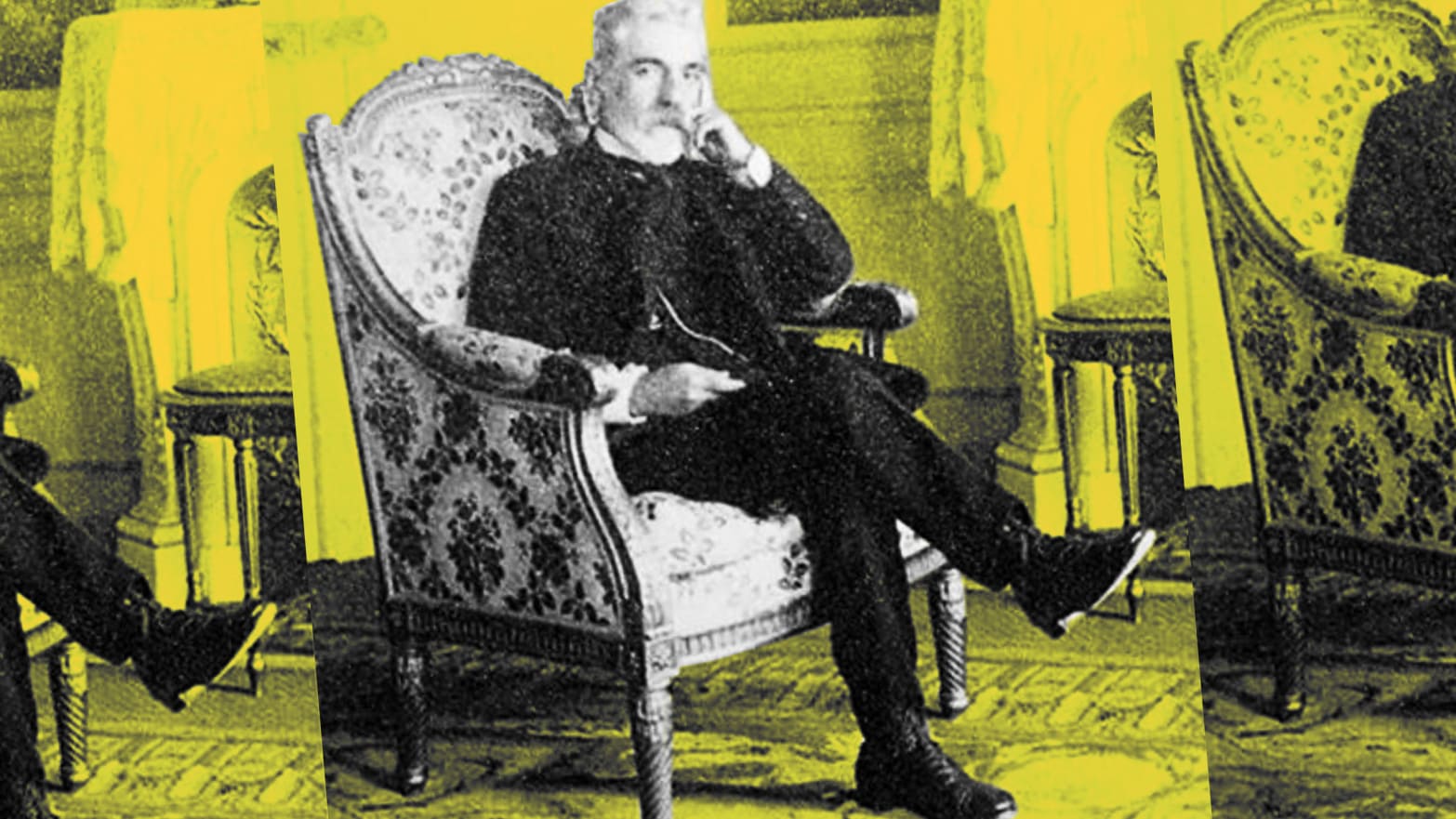 THE OTHER SIDE OF THE COIN-II: THE ARMENIAN REVOLUTIONARY FEDERATION
THE OTHER SIDE OF THE COIN-II: THE ARMENIAN REVOLUTIONARY FEDERATION
AVİM 28.03.2019
-
 EXAMPLES OF WIKIPEDIA'S FREQUENT DOUBLE STANDARDS: “WESTERN AZERBAIJAN” AND “WESTERN ARMENIA”
EXAMPLES OF WIKIPEDIA'S FREQUENT DOUBLE STANDARDS: “WESTERN AZERBAIJAN” AND “WESTERN ARMENIA”
Hazel ÇAĞAN ELBİR 11.12.2024 -
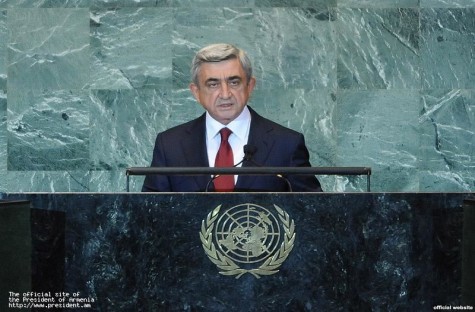 THE PRESIDENT OF ARMENIA MR. SARGSYAN’S ADDRESS TO THE UNITED NATIONS GENERAL ASSEMBLY AND HIS LATEST STATEMENTS
THE PRESIDENT OF ARMENIA MR. SARGSYAN’S ADDRESS TO THE UNITED NATIONS GENERAL ASSEMBLY AND HIS LATEST STATEMENTS
Hande Apakan 07.10.2014 -
 24TH MEETING OF THE COUNCIL OF HEADS OF STATE OF THE SHANGHAI COOPERATION ORGANIZATION
24TH MEETING OF THE COUNCIL OF HEADS OF STATE OF THE SHANGHAI COOPERATION ORGANIZATION
Gülperi GÜNGÖR 09.08.2024 -
DIASPORA ARMENIANS AND THEIR INITIATIVES FOR COMPENSATION: THE REFLECTIONS OF THE MOVSESIAN CASE
Aslan Yavuz ŞİR 27.02.2012 -
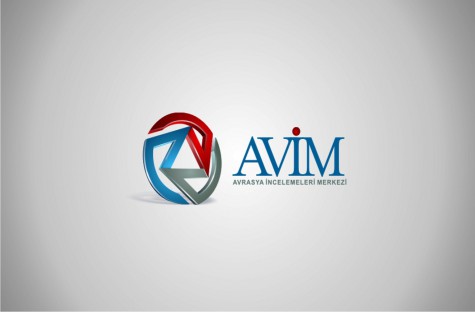 A PUBLIC CONVERSATION WITH ULUÇ GÜRKAN ON MALTA TRIBUNALS
A PUBLIC CONVERSATION WITH ULUÇ GÜRKAN ON MALTA TRIBUNALS
AVİM 17.05.2015
-
25.01.2016
THE ARMENIAN QUESTION - BASIC KNOWLEDGE AND DOCUMENTATION -
12.06.2024
THE TRUTH WILL OUT -
27.03.2023
RADİKAL ERMENİ UNSURLARCA GERÇEKLEŞTİRİLEN MEZALİMLER VE VANDALİZM -
17.03.2023
PATRIOTISM PERVERTED -
23.02.2023
MEN ARE LIKE THAT -
03.02.2023
BAKÜ-TİFLİS-CEYHAN BORU HATTININ YAŞANAN TARİHİ -
16.12.2022
INTERNATIONAL SCHOLARS ON THE EVENTS OF 1915 -
07.12.2022
FAKE PHOTOS AND THE ARMENIAN PROPAGANDA -
07.12.2022
ERMENİ PROPAGANDASI VE SAHTE RESİMLER -
01.01.2022
A Letter From Japan - Strategically Mum: The Silence of the Armenians -
01.01.2022
Japonya'dan Bir Mektup - Stratejik Suskunluk: Ermenilerin Sessizliği -
03.06.2020
Anastas Mikoyan: Confessions of an Armenian Bolshevik -
08.04.2020
Sovyet Sonrası Ukrayna’da Devlet, Toplum ve Siyaset - Değişen Dinamikler, Dönüşen Kimlikler -
12.06.2018
Ermeni Sorunuyla İlgili İngiliz Belgeleri (1912-1923) - British Documents on Armenian Question (1912-1923) -
02.12.2016
Turkish-Russian Academics: A Historical Study on the Caucasus -
01.07.2016
Gürcistan'daki Müslüman Topluluklar: Azınlık Hakları, Kimlik, Siyaset -
10.03.2016
Armenian Diaspora: Diaspora, State and the Imagination of the Republic of Armenia -
24.01.2016
ERMENİ SORUNU - TEMEL BİLGİ VE BELGELER (2. BASKI)
-
AVİM Conference Hall 24.01.2023
CONFERENCE TITLED “HUNGARY’S PERSPECTIVES ON THE TURKIC WORLD"









